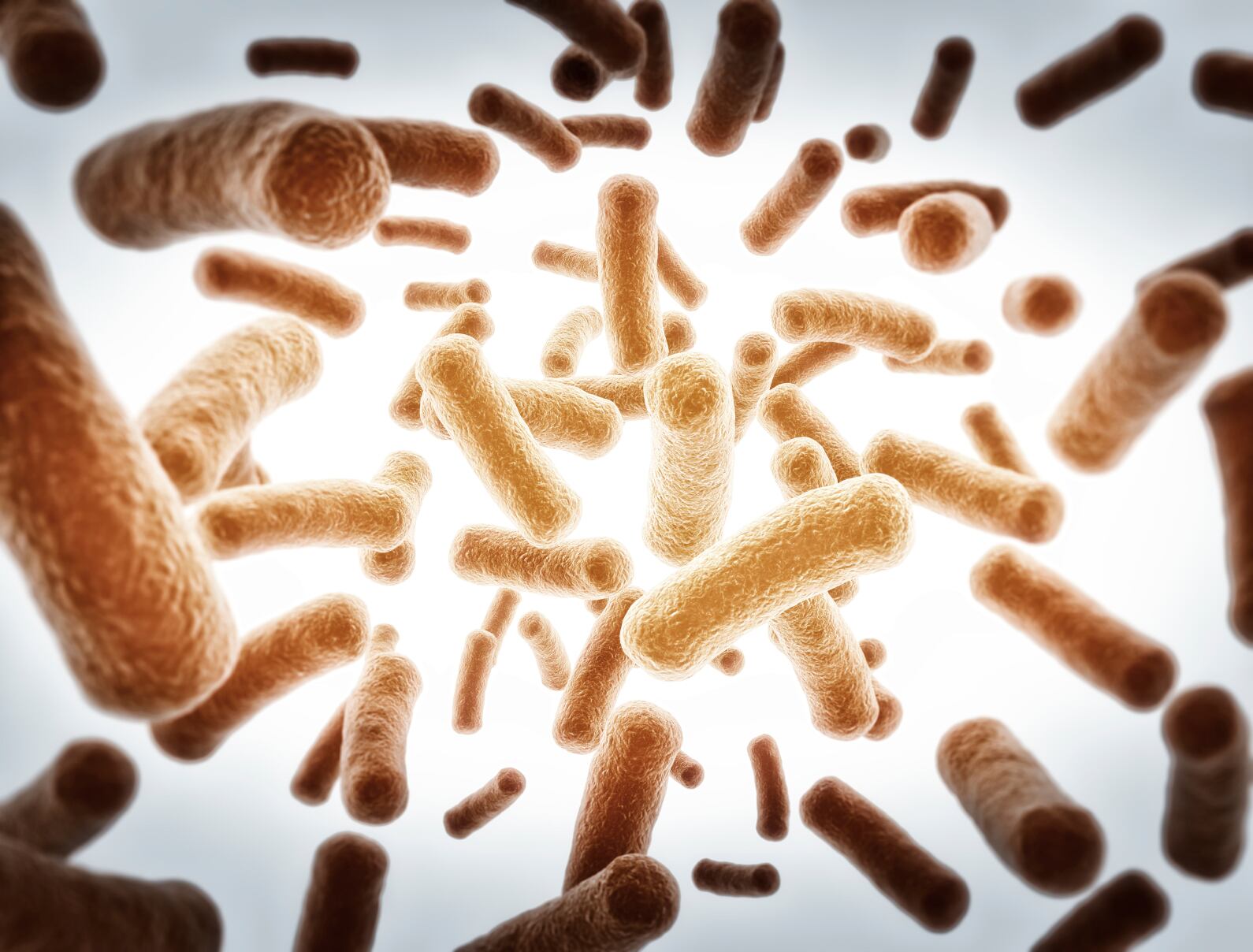Scientists from the University of Hong Kong and the University of Eastern Finland report that the commercially available VSL#3 product from VSL Pharmaceuticals significantly reduced levels of pro-inflammatory adhesion molecules and atherosclerotic plaques in lab mice fed a high fat diet.
The cardiovascular benefits were comparable to those observed for the pharmaceutical drug telmisartan, according to findings published in the PubMed-listed journal AMB Express.
“Our study has further proved the efficacy of VSL#3 in reducing atherosclerotic plaque development, drawing importance to the alteration of gut microbial profile,” wrote the researchers, led by Pirkka Kirjavainen from the University of Eastern Finland.
VSL#3
The VSL#3 product contains a mixture of Streptococcus thermophilus DSM24731, Lactobacillus acidophilus DSM24735, L. delbrueckii ssp. bulgaricus DSM24734, L. paracasei DSM24733, L. plantarumDSM24730, Bifidobacterium longum DSM24736, B. infantis DSM24737, and B. breve DSM24732. The product is distributed in the US by Sigma-Tau Healthscience USA, Inc, and recently announced it has elimination of any traces of dairy in the manufacturing process.
The product has previously been reported to offer benefits for weight management/ against weight gain, IBS, and against the development of diabetes and non-alcoholic fatty liver disease.
The potential cardiovascular benefits of the product are reportedly linked to its anti-inflammatory property, which can reduce levels of so-called adhesion molecules. These reductions “may represent a lower risk of the development of endothelial dysfunction and formation of atherosclerotic plaque”, said the researchers.
The study, performed with ApoE−/− mice eating a high-fat (Western) diet, assessed the efficacy of the probiotic mixture at a daily dose of 278 billion CFUs. The probiotic was compared to no supplement (control), telmisartan, or the probiotic plus telmisartan.
Key results

After 12 weeks of intervention, the results showed that the probiotics, telmisartan, and the combined treatment all significantly reduced atherosclerotic plaques compared to group consuming the high fat diet only.
Both VSL#3 and telmisartan significantly reduced levels of the proinflammatory intercellular adhesion molecule-1 (ICAM-1) and vascular cell adhesion molecule-1 (VCAM-1), and combining the treatments brought no additional benefits.
VSL#3 also reduced the development of lesions in the aorta to a similar extent to telmisartan.
“Comparable reduction in lesion develoment as in the current study, has been previously achieved with prebiotic inulin supplementation in ApoE−/− mice,” wrote the researchers. “Interestingly, inulin and VSL#3 are both bifidogenic, i.e. reinforce the endogenous bifidobacterial microbiota. In addition, VSL#3 contains three Bifidobacterium species itself. Thus, it is possible that bifidobacteria or at least some specific Bifidobacterium species may be particularly proficient in host–gut microbe interaction mediated prevention of atherosclerosis.”
When the researchers looked at the intestinal microbiota of the mice, they found a distinctly different composition and more diversity in the VSL#3-fed mice than in the control groups.
“While the effects on atherosclerosis per se were not assessed in that study, the diversification could be beneficial since disorders with pro-inflammatory component tend to be associated with microbial composition with reduced diversity, as in inflammatory bowel disease where VSL#3 has been associated with beneficial effects and also ability of diversify the microbiota,” wrote the researchers.
“VSL#3 reduced biomarkers of vascular inflammation and development of atherosclerosis to comparable extent as the positive control drug, telmisartan in ApoE−/− mice. Further studies in human subjects are warranted to verify the findings,” they concluded.
Source: AMB Express
2016, 6:61, doi: 10.1186/s13568-016-0229-5
“Probiotic mixture VSL#3 reduce high fat diet induced vascular inflammation and atherosclerosis in ApoE−/− mice”
Authors: Yee Kwan Chan et al.

